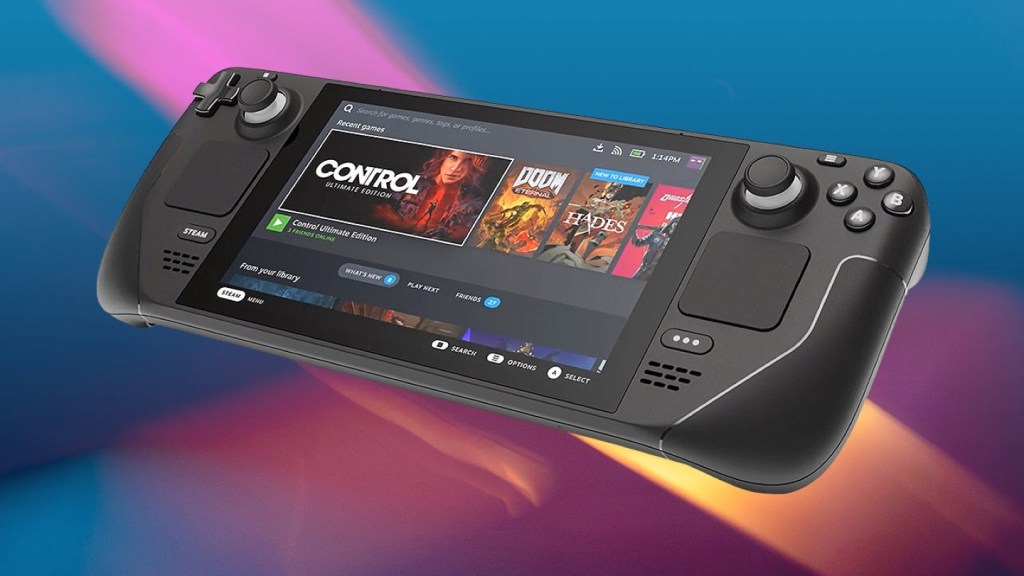Right now there are only a couple ways to know if someone is using drugs. One is to look out for the classic tell-tale signs that a person’s probably high, and the other is to administer a drug test, which usually means the testee has to pee in a cup or offer up some other biological specimen to be analyzed. Now, scientists have created a biosensor that can monitor the substances coursing through the veins continuously and in real time. Did surveillance tech just meet the drug war?
Researchers at the University of California Santa Barbara recently engineered a real-time sensor called the MEDIC, or “microfluidic electrochemical detector for in vivo continuous monitoring.” It potentially cracks a problem medical professionals are eager to solve, by letting doctors track patients’ medication levels so they can prescribe more accurate, personalized doses.
Videos by VICE
But the new device can be rigged to screen for all kinds of chemicals in the bloodstream, including illegal drugs. In fact, the technology builds off previous work out of UCSB: a chip that continuously tests for cocaine. So theoretically, it could be used by employers, cops, government agencies, even overprotective parents to remotely monitor anyone wearing the sensor to see if they’ve been partaking where they shouldn’t.
Theoretically. Big Brother concerns aside, the gadget has promising potential in the health care space. According to biosensor expert Richard M. Crooks of the University of Texas, speaking to Chemical and Engineering News, “in the wide, deep sea of silly biosensors that don’t stand a chance of ever working in practice, this one is the real deal.”
The MEDIC is fitted with shape-changing aptamer probes that flip like a switch when they come in contact with the substance being screened; the higher the concentration, the more switches flip. Then the device gives a continuous digital readout of the drug levels in the blood. To measure a different substance, you just swap out the probes on the chip. (More technical details in the video above.)
An overview of MEDIC via the study
As of now continuous blood monitoring only works with a few biomolecules, like glucose and lactose in diabetes patients. Researchers hope the new device can unlock a new level of data that could lead to tracking disease, earlier diagnoses, tailored drug doses, and new ways of administering medicine for cancer and serious diseases. It could be a step closer to the sci-fi dream of the Star Trek tricorder, a portable device can gives a complete readout of a person’s state of health in seconds.
So far researchers have tested the method in live rats and human blood, to detect the anticancer drug doxorubicin and an antibiotic called kanamycin, and published the results in Science Translational Medicine late last month. But more human testing will be needed before the sensor can be used by doctors, or anyone else that might have a vested interest in real-time drug screening.
More
From VICE
-

-

LOS ANGELES, CALIFORNIA – NOVEMBER 14: Timothée Chalamet seen at a Special Screening of A24's "Marty Supreme" at Academy Museum of Motion Pictures on November 14, 2025 in Los Angeles, California. (Photo by Eric Charbonneau/A24 via Getty Images) -

Photo: Gandee Vasan / Getty Images -

Photo: duncan1890 / Getty Images